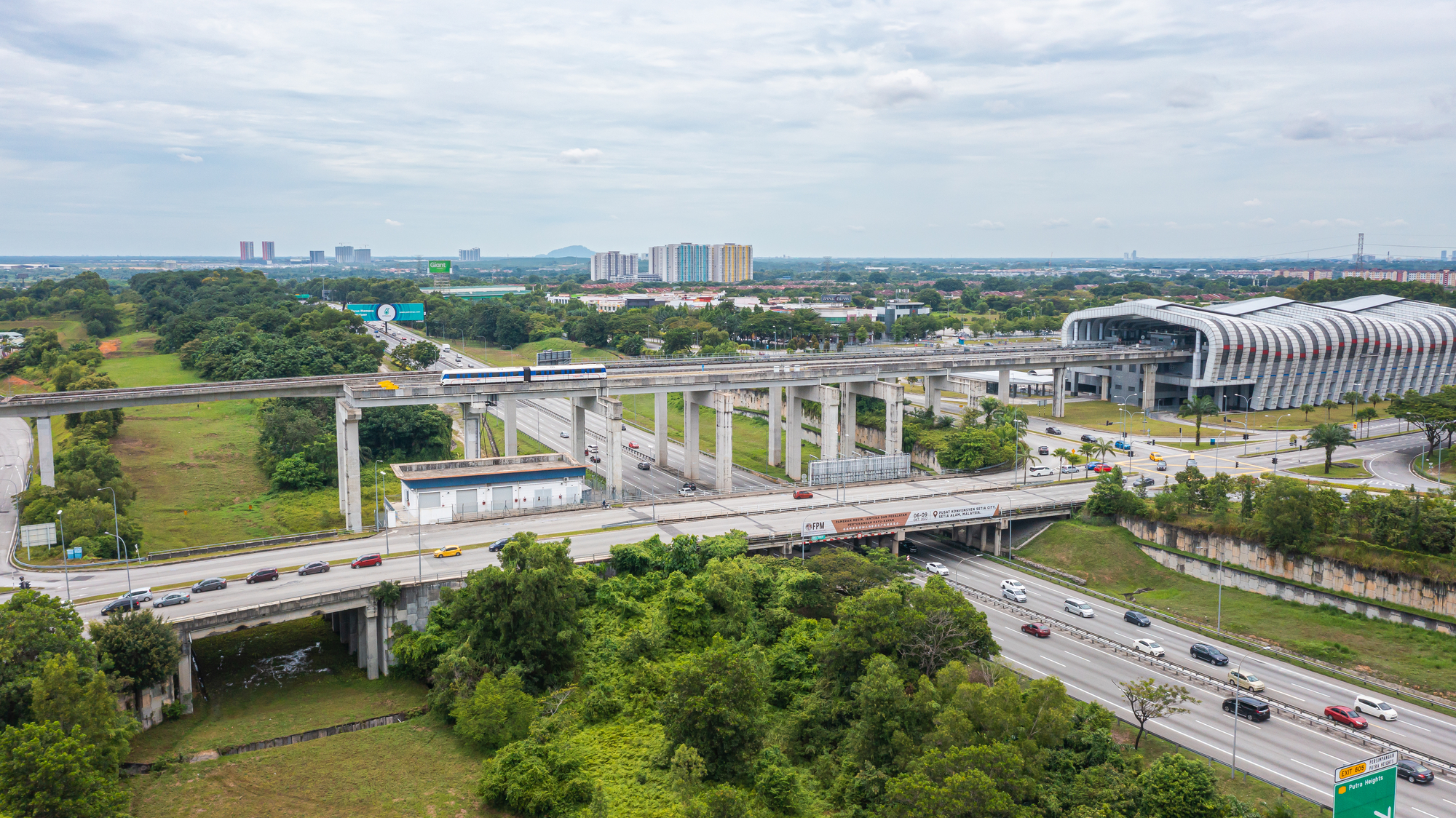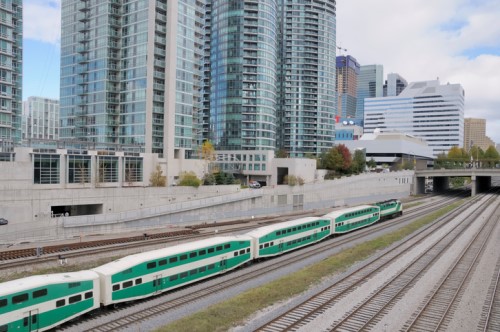The announcement of Toronto’s new subway line should perk up real estate investors.
The “Ontario” subway line, which is a more comprehensive version of the downtown relief line, will run 15 kilometres from Ontario Place to the Ontario Science Centre and cost $10.9 billion. The government says it will be completed by 2027.
Overall, the Progressive Conservative government is committing $28.5b to a transit plan that will also include additional stations on the Scarborough subway extension, extend the Yonge line into Richmond Hill, and add more Eglinton LRT stops.
“It will open up opportunity to have housing built around those lines, hopefully affordable housing too, that will be of benefit to future homebuyers,” said Tim Syrianos, principal broker of record and owner of REMAX Ultimate Realty Inc. in Toronto. “It’s a very positive step for the real estate market. It gets more cars off the road but it also promotes development around new transit lines.”
Last week, the Real Estate Intelligence Network released the Toronto Transportation Effect Report in which investors are apprised of how to capitalize on transit infrastructure projects, and which also elucidates how impactful transit is on real estate as an asset.
“Transportation infrastructure delivers 10-20% of the value within 800 metres of access to rail or highway,” said Jennifer Hunt, REIN’s vice president of research and events, and co-author of the report. “Multifamily properties are between 27% and 99% more valuable when they’re within 1,600 metres than those beyond. The greatest premium is within 400 metres.

“Ultimately, accessibility to transit—an LRT, subway, commuter rail and highway access—create more property value, as well as rent.”
Commercial properties also enjoy 28% boosts in value and 34% fewer vacancies if they’re within 500 metres of rapid transit.
However, the report also cautions investors on how to approach investing near transit. There are four tiers of which to be cognizant: The first is when the project is under construction; the second tier means construction hasn’t begun, but the project has been funded; the third tier is for planned, but unfunded, projects; and the fourth refers to projects in their most inchoate phase, meaning they’re far from finalized.
Hunt noted that each tier will affect valuations differently.
“As soon as a project is announced, there’s an immediate boost to values of 20%,” she said. “The construction phase makes values fall because of the traffic and noise created by the construction. Values fall a bit again post-construction when the project is operational. Some studies show it takes a year or two for the full impact to come into play. Humans are humans and we need time to adjust.”
Given the delicacy with which investments near transit projects need to be treated, Hunt emphasizes mindfulness about the political landscape.
“Because the project could get stalled, depending on who’s in office.”
The “Ontario line” is in the fourth tier, but that the provincial government has shown commitment by fast-tracking the project should instill confidence in investors.
Neil Sharma is the Editor-In-Chief of Canadian Real Estate Wealth and Real Estate Professional. As a journalist, he has covered Canada’s housing market for the Toronto Star, Toronto Sun, National Post, and other publications, specializing in everything from market trends to mortgage and investment advice. He can be reached at neil@crewmedia.ca.









